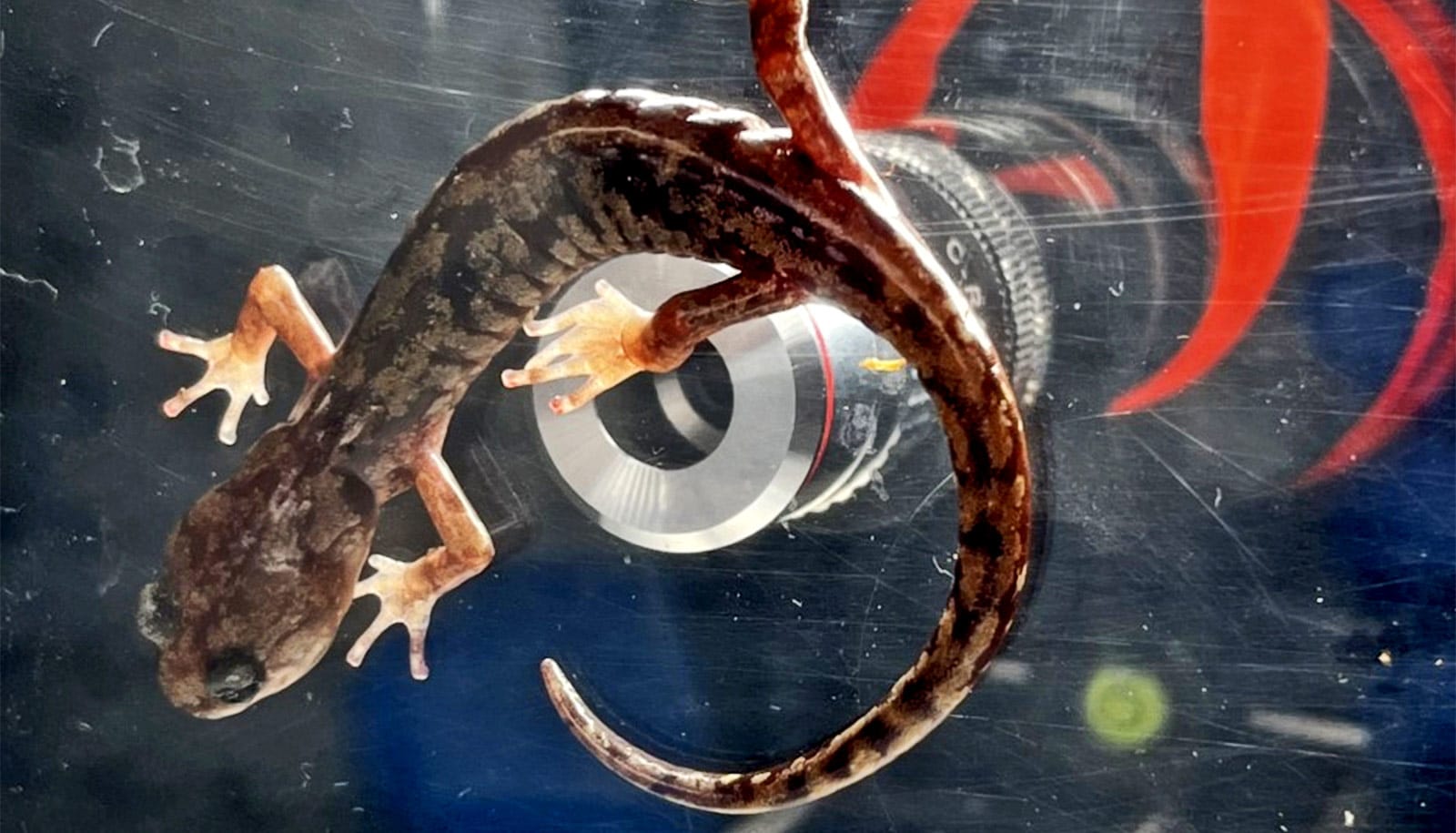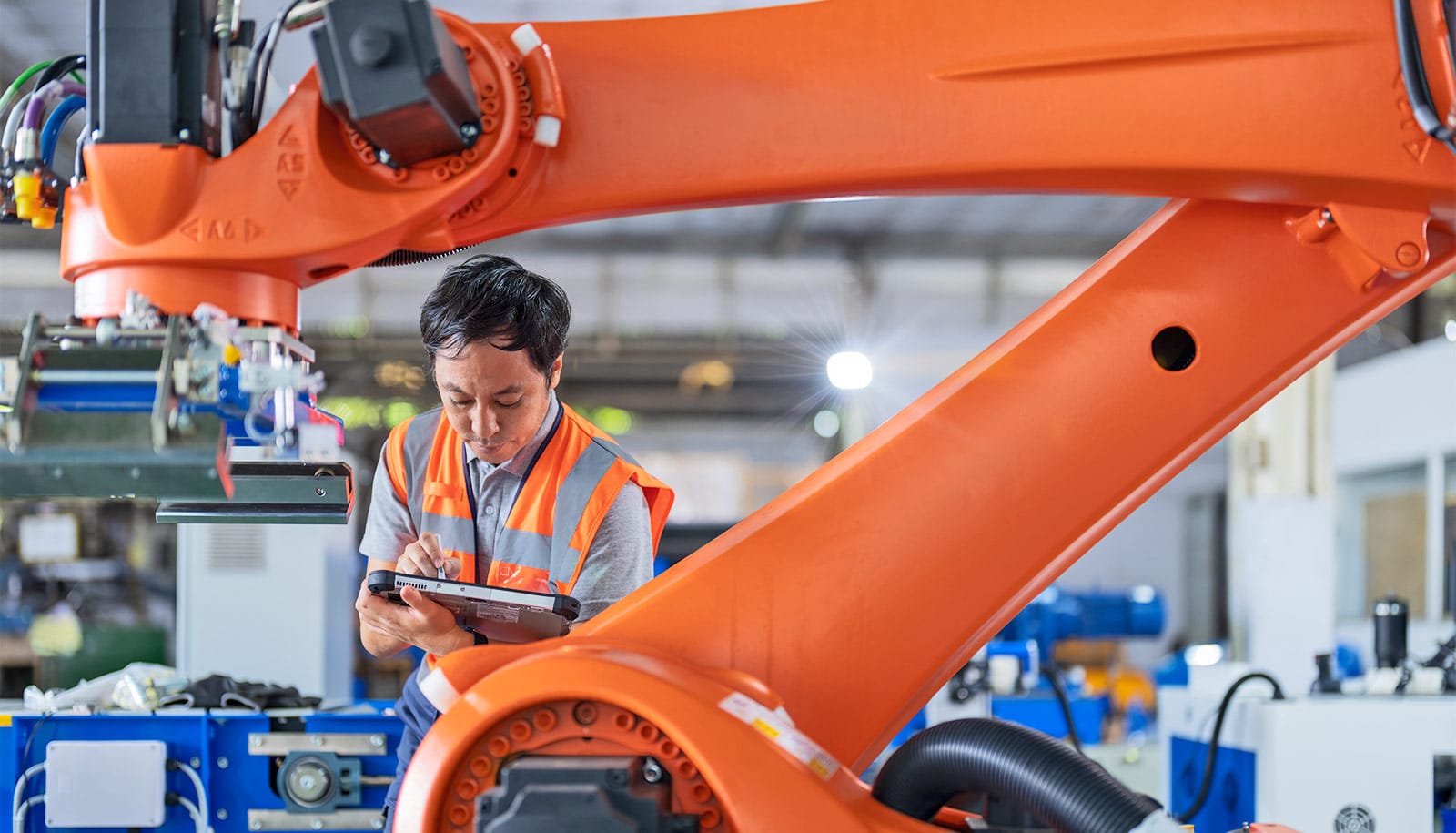Washington State University
-
 Some cats may be good therapy animals
Some cats may be good therapy animals"There's this perception that cats just aren't suitable for this kind of work, but our study shows that some cats may thrive in these settings."
-
 Salamanders control blood in their toes to get around easily
Salamanders control blood in their toes to get around easily"This could redefine our understanding of how salamanders move across diverse habitats."
-
 The right neighborhoods get people to walk more
The right neighborhoods get people to walk moreAdding strong evidence in support of "walkable" neighborhoods, a new study finds that the built environment can boost how much people walk.
-
 Older adults keep their cool in hot weather
Older adults keep their cool in hot weatherA study found that older adults became more uncomfortable in high heat sooner, but it didn't affect their moods as much as younger folks.
-
 Algorithm makes robots aware of careless human behavior
Algorithm makes robots aware of careless human behavior"There are a large number of accidents that are happening every day due to carelessness—most of them, unfortunately, from human errors."
-
 Facts may not be enough to correct science misinformation
Facts may not be enough to correct science misinformationA "just the facts" approach may may not be enough to overcome misinformation about science, researchers report.
-
 Trust, not just knowledge, is key to accepting self-driving cars
Trust, not just knowledge, is key to accepting self-driving carsNew findings point to the need to build trust with the public if fully autonomous vehicles are to ever take to the roads.
-
 Your mom may be a better health influencer than ‘The Rock’
Your mom may be a better health influencer than ‘The Rock’Adults who said they looked to a person they knew as a health role model rather than a celebrity had greater motivation to reach their goals.
-
 Wearable sensor checks health via sweat
Wearable sensor checks health via sweatA wearable health sensor could someday provide a simple and non-invasive way to track health conditions and diagnose common diseases.
-
 Pharmacists treating minor illness could cut health care costs
Pharmacists treating minor illness could cut health care costsGreater use of pharmacists to treat minor illnesses could potentially save millions of dollars in health care costs, researchers report.
-
 ‘Robot-phobia’ takes a toll on food and hotel workers
‘Robot-phobia’ takes a toll on food and hotel workersUsing more robots to close labor gaps in the hospitality industry may backfire and cause more human workers to quit, researchers report.
-
 Parasitic worm in moose brains adds to species decline
Parasitic worm in moose brains adds to species declineParasitic worms infesting the brains of moose are likely playing a role in the animal's decline in some parts of North America.